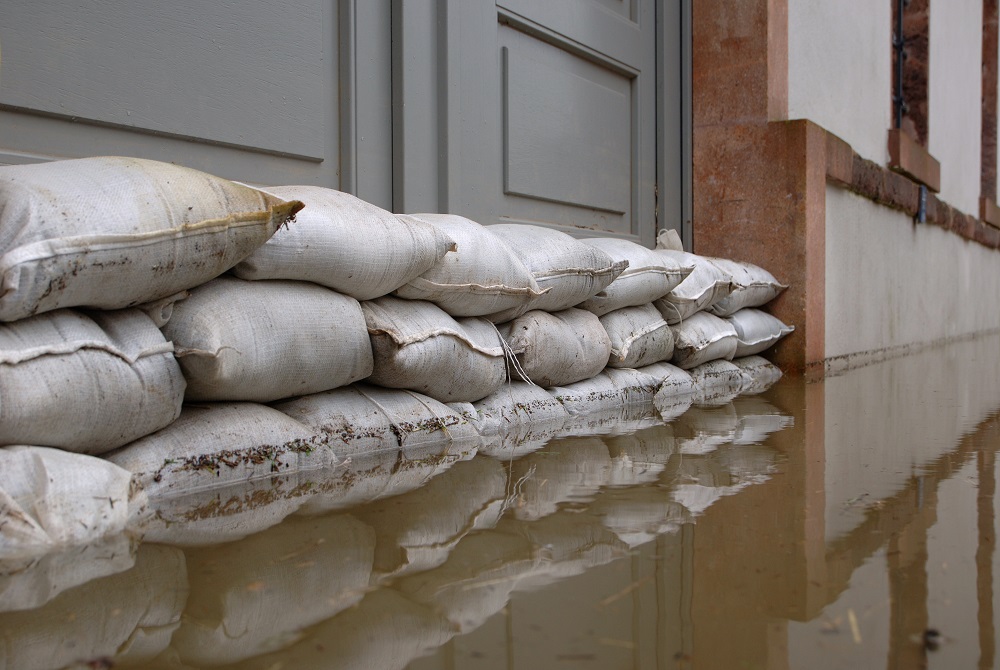When you’ve experienced a significant flooding event at your home, you will likely need to leave until the floodwaters recede. In the most severe cases, you may not know what to expect upon returning, as flood damage can be extensive and can impact many aspects of your home. Water damage can affect the structural integrity of your home, the electrical system, your HVAC, and furnishings and other personal effects. As a result, recovery from a major flood requires professional treatment by a provider of flood damage restoration in Ocean City, MD.
In the meantime, you will probably want to return to your property to survey the extent of the damage and begin the flood restoration process. Doing so is not without its dangers, however, as many hazards can lurk in the wake of a flood. Returning to your home after a flood event requires caution and care as well as knowledge of what steps you should take to protect your health and safety. Keep reading to learn more about returning to your home following a flooding event.
Arrive During Daylight
While you may have an urge to inspect your flooded property as soon as possible, resist doing so if you can’t immediately return during daylight hours. Surveying the scene after a flood requires light, and many dangers can easily be concealed when it’s dark. Therefore, plan your return to a flooded home during daylight hours so that you can detect and avoid any potential dangers that you may find there.
Beware of Electrical Shock
One of the primary dangers associated with returning to a flooded house is your home’s electrical system. If you had to flee the home before turning off the main power, you could risk electrical shock if you step into the wrong place upon returning. If your power is still on when you return to your home, attempt to access the main breaker for your electrical system if you can do so from a completely dry area. If there is still water remaining around the main breaker, don’t attempt to turn off the power. Instead, call an electrician to lend assistance and safety disconnect the electricity. Under no circumstances should you ever wade into standing water in the home unless the power has been turned off completely. Don’t attempt to turn the power back on until an electrician has fully inspected your home’s electrical system, as doing so could pose a risk of electrical shock.
Check for Gas Leaks
Once it’s been safe to reenter your home from an electrical standpoint, you should locate the gas shut-off valve and turn it off. If you smell gas or have any other reason to suspect that there may be a leak, open all doors and windows to the home, leave immediately, and contact your local utility company or fire department. Don’t do anything that could cause an accidental spark, like turn on a light or cranking a small engine.
Don’t Use Water
In the wake of a flood, even your clean water from the tap may have been compromised by sewage, chemicals, and pathogens. You can’t assume that it’s safe, so avoid using water in the flooded home until it can be tested and verified to be safe. Check with your local water authority or utility for information on whether your water is safe to drink following a flood. If you rely on a private well for household water, don’t use it until you can have it tested, as floods can wash many different contaminants into the well.
Once you’ve verified that the situation is safe, it’s important to contact a provider of water damage restoration in Ocean City, MD, as soon as possible to help begin the recovery process. The best restoration companies will help ensure that your home is dry, free from mold, properly cleaned, and restored to its former glory. To learn more about returning to your home after a flood, contact United Restoration at (443) 727-3307.


Recent Comments